Construction projects come with significant risks. General liability coverage is a must-have for all construction projects and property owners. General contractors often provide insurance, but the coverage they offer can be financially limiting and inadequate in several ways. Insurance secured by the owner helps ensure the control remains in owners’ hands. These unique programs also guarantee those in charge understand all aspects of their liability.
OCIP and OCP insurance policies are two of the most comprehensive and effective ways to protect everyone involved in your construction site, as well as your investment.
What is OCIP Insurance?
OCIP stands for Owner Controlled Insurance Program. OCIP insurance policies are also sometimes referred to as a wrap-up plan. OCIPs are designed to incorporate many different liability insurance levels into one plan that covers the construction activities of the site.
In the past, OCIPs were only used for very large construction projects with high budgets. However, in recent years, construction projects of all sizes have begun adopting OCIPs because they provide a convenient way for site owners to handle all aspects of liability insurance directly, under one policy.
OCIPs incorporate commercial general liability (CGL) coverage including products and completed operations liability and personal and advertising injury liability. You can tailor the coverage on your policy depending on your project’s specific needs. Before starting the project, the owner will combine all of the expected project costs which is used by the insurer to estimate exposure and provide a quote. The general contractor and all subcontractors will enroll in the OCIP which is usually managed by a 3rd party referred to as a WRAP Administrator. Because the contractors are all covered by the OCIP policies, as evidenced by enrollment, those contractors do not need to report any exposure to their own insurers—thus saving on their own premium. As a result, an owner can ask for bids from all contractors that does not include cost of insurance (for general liability—meaning the owner can offset the cost of the OCIP policy against lower construction costs.
Another type of coverage that could work for your construction site is an OCP, or Owners and Contractors Protective Liability coverage. OCP coverage differs from OCIP in that it works alongside your CGL coverage instead of incorporating it. A contractor typically purchases these policies for the owner of the construction project, and only provides coverage for the owner. In this situation, the contractor would have their own separate insurance policy. A drawback of an OCP policy is that coverage is limited to the vicarious liability and general supervision of the designated contractor. Further, OCP policies generally do not include contractual liability coverage and/or products and completed operations coverage.
Last, another option that has increased in popularity is a policy referred to as a “Project Specific” policy. This can also be referred to as a “Mini Wrap”. With this solution, the owner can take out a policy for general liability coverage to cover both himself and the General Contractor; however, all subcontractors will still be required to have coverage in place and furnish evidence of insurance naming both owner and general contractor as additional insured. With this option, as an owner, you still have some of the benefits including control over your insurance and having a general contractor bid net of insurance to offset the cost. Further, you would not have the requirement of having a wrap administration company. On the downside, the coverage is not all encompassing because it generally excludes work of the subcontractor.
There are many other types of insurance that could serve as an alternative to an OCIP or an OCP policy. Some of these alternatives include OIP, or Owner’s Interest Policies, Project Specific Policy (For owners interest or owners & general contractor) or a DCIP, which is a Developer Controlled Insurance Program. These options are alternatives to the traditional method of contractual risk transfer.
OCIP and OCP Insurance Carriers
Traveler’s, Alliant, Liberty Mutual, and The Hartford are just a few of the most well-known providers that offer OCIP and OCP coverage. Many times, more complex and higher budget projects are covered by non-admitted carriers in the Surplus Lines marketplace.
As with any significant purchase, shopping around for OCIP or OCP insurance helps you find the best coverage at the most reasonable price.
Working with an independent insurance brokerage ensures you know all the prices and the details that will protect your unique project. Moreover, a broker will introduce you to insurance providers you may not have found on your own. They can also help you manage the complexities of an OCIP policy so that the policy includes all of the coverage types you need. Best of all, however, the broker saves you significant time at no cost to you. The insurance carrier pays the broker for placing the business.
OCIP vs. OCP vs. General Contractor Liability Coverage
Having so many options when it comes to construction insurance can make it difficult to decide which is going to be best for your project. OCIP insurance is the most comprehensive of the options available for construction and provides the owner with most peace of mind. This is because it allows you to handle many different aspects of liability coverage with one policy, and you’ll be able to cover multiple contractors under this policy as well. That said, OCIP’s are usually tailored to larger budget projects and there are additional costs for 3rd party management and perhaps Quality Control services.
OCP insurance is different from OCIP in that it only covers your liability as a project owner and provides dedicated limits. This is better than traditional risk transfer (where the owner relies on the coverage of the General Contractor as an additional insured). The types of liability coverage in an OCP policy are also quite limited, whereas, with an OCIP, coverage is far more comprehensive.
Another option is to work with your general contractors to have them select cover liability for your project. While this may require less work on your end upfront, this option doesn’t provide as much protection for you. Without dedicated limits, you may find yourself uninsured if that same contractor has other liability claims for other projects. Additionally, a contractor that is alive and thriving today may not be 3 years down the line which could open liability when it comes to construction defects.

Benefits of Having OCIP or OCP Insurance
There are many benefits to having an OCIP or OCP insurance policy for your construction project. Most importantly, these policies protect you as an owner from the many liability risks that come with running a construction site. They also give you much more control over your insurance.
An OCIP policy has many specific benefits that you cannot get with other construction liability policies. Specifically, you’ll be able to manage all of the insurance you need under one policy. This means that if you are hit with a claim, you’ll be able to resolve it much more quickly and affordably than you would with general contractor’s insurance.
An OCIP policy can typically be made more affordable upfront for you as the owner by getting bids from contractors that do not include insurance. Purchasing all of the insurance you need at once may often lower the total cost you pay.
What is a Net-of-Insurance Quote?
In order to set up an OCIP policy, you’ll need to have each of your contractors write a net-of -insurance quote. This is essentially a quote indicating how much the work will cost without the price of general liability insurance included. Once you have your net-of-insurance quote, you will be able to understand the costs of the OCIP better and perform a proper comparison.
How to Ask Contractors To Quote Net-of-Insurance
If you have never used an OCIP policy in the past, you may be wondering how to talk to your general contractors about this. Before having your contractors prepare a quote, discuss the costs of insurance as part of an OCIP policy. Once you and your contractor have determined how much insurance you need, you can ask them to write the quote. The advantage of this is that you get to control your own insurance policy, instead of relying on your general contractor.
OCIP insurance policies are becoming more accessible for construction projects of all sizes. As an owner, an OCIP policy can give you more coverage and control for your site. If you need to set up an OCIP insurance policy for your site, Meslee Insurance can help. Contact our team of licensed professionals, we would be happy to answer any questions you may have.

